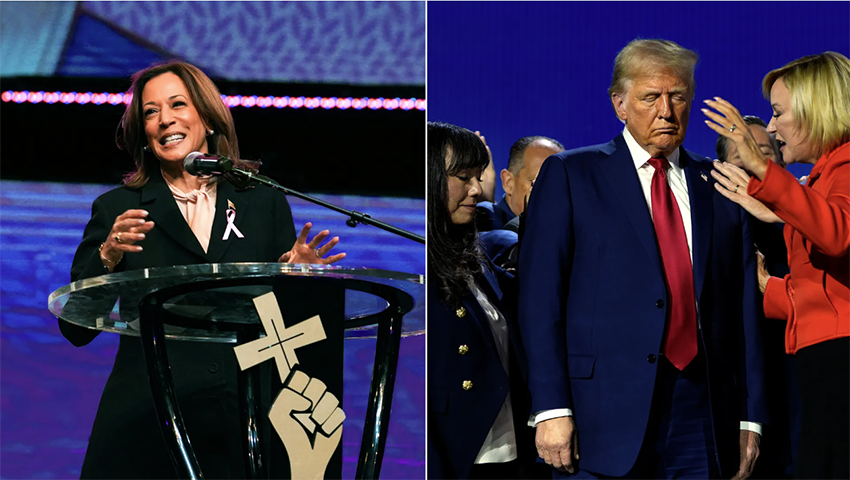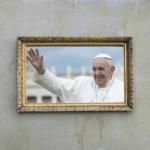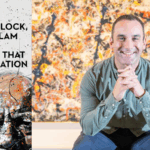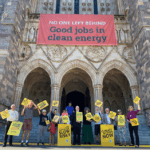In the final stretch of the election campaign, both former President Donald Trump and Vice President Kamala Harris are making a distinct effort to reach Christian voters in the lead up to voting on 5 November, weaving faith into their appeals as they visit battleground states like Pennsylvania, Georgia, and Michigan. Both candidates have held recent events in churches, making targeted efforts to connect with faith-driven voters and share their unique approaches to faith in public office.
Trump, at an event outside Atlanta led by Pentecostal evangelist Paula White-Cain and organised by the National Faith Advisory Board, promised attendees that a second Trump administration would include a renewed Office of Faith-Based Initiatives, a key demand of his evangelical supporters. This office, which Trump eliminated during his first term, was reinstated under President Biden, but Trump has signaled his intention to shape it specifically around evangelical priorities. Trump emphasised a need to “protect religious values” and claimed that America is becoming “less based on religion than it was 25 or 50 years ago,” framing his campaign as a mission to restore a “Christian country” once deeply grounded in religious belief.
Reaching out to evangelical supporters, Trump’s campaign team has organised the “Believers for Trump” initiative to drive turnout in critical swing states. This movement, led by Ben Carson, a former neurosurgeon and Trump’s faith outreach leader, mobilizes churchgoers to serve as “Church Captains” and encourage their communities to vote. Carson cited religious freedom, abortion, and opposition to transgender women in women’s sports as core issues for faith-driven voters. At these rallies, Trump reiterated that “faith is the glue that holds everything together” and called upon Christians to vote, hinting that Christian voters have historically lagged in participation.
The Democratic ticket has also sought to appeal to people of faith. Kamala Harris, a Baptist who speaks frequently of her Christian upbringing, has joined Black churches on Sundays as part of the “Souls to the Polls” initiative, aimed at increasing voter turnout among Black Christians. In Georgia and at other stops, she has emphasized that America faces a choice between “chaos and hate” or a country marked by “freedom, compassion, and justice.” At New Birth Missionary Baptist Church, Harris called the election a pivotal moment, telling congregants that faith is a necessary foundation for progress and encouraging them to vote, saying, “where we go from here is up to us as Americans and as people of faith.”
Harris has also spoken about her experiences growing up attending a Black Baptist church with her father and singing in the choir, sharing how her faith has instilled in her a commitment to advocate for the “rights of the poor and the needy.” This personal history of faith, she said, guides her policy priorities and perspective on justice. Harris, a daughter of a Hindu mother and a Baptist father, calls herself a Christian with a “belief in a loving God” who inspires her to work for the vulnerable.
Both candidates’ appeals have highlighted divisions within the Christian voter base, as revealed in a recent Public Religion Research Institute (PRRI) survey. Among weekly churchgoers, Trump leads among white Christians, with 76% supporting him versus 21% for Harris. Black Christians, on the other hand, overwhelmingly support Harris (85%), with only 13% backing Trump. Latino Christians are more divided, with 55% leaning toward Trump and 41% favoring Harris. These statistics underscore the racial divides in faith-based voting, with Harris resonating more among Black Christians through her focus on social justice, while Trump continues to garner support from white evangelical communities with a message of religious and social conservatism.
The split in Christian voters is also reflective of broader frustrations with the campaign’s tone and partisan attacks, especially in states like Pennsylvania, where both campaigns have heavily invested in advertisements. Don Opitz, a Presbyterian minister and chaplain at Grove City College in Pennsylvania, notes the negative tone has affected many voters, particularly those seeking “biblical wisdom and theological perspective” rather than divisive rhetoric. Opitz expressed disappointment with the “politics of accusation” and hopes faith leaders can encourage more thoughtful civic engagement.
Other voters, like Benjamin Carlucci, an Anglican from Pittsburgh, feel disillusioned by the political climate. Once an engaged voter, Carlucci said he now follows the campaign more out of a sense of “not being able to look away from a car crash.” Although he typically votes based on economic issues, this year he’s more concerned with Trump’s “refusal to honor the transition of power” and plans to vote for Harris, believing this election goes beyond policy to questions of democratic principles.
Not all Christians see the political climate as a source of frustration, however. Some find solace in faith during uncertain times, including Heather Whitley, a Trump supporter studying the Bible’s Book of Judges in her church group. The stories of flawed leaders remind her that “God has the bigger picture,” whether her chosen candidate wins or not. She believes faith transcends the person or party in power and offers stability no matter the election outcome.
With Election Day fast approaching, the campaigns’ appeals to faith underscore the significance of religious voters in shaping the election’s outcome. Both Trump and Harris are leaning into faith-based outreach to rally support, urging their audiences to turn their beliefs into votes.
As Harris expressed at a recent event, “our country is at a crossroads,” a sentiment Trump has echoed as he warns that the religious values many Christians cherish are at stake. For both campaigns, the call to action is clear: faith has a role to play, and believers are being asked to make their voices heard on Election Day.











